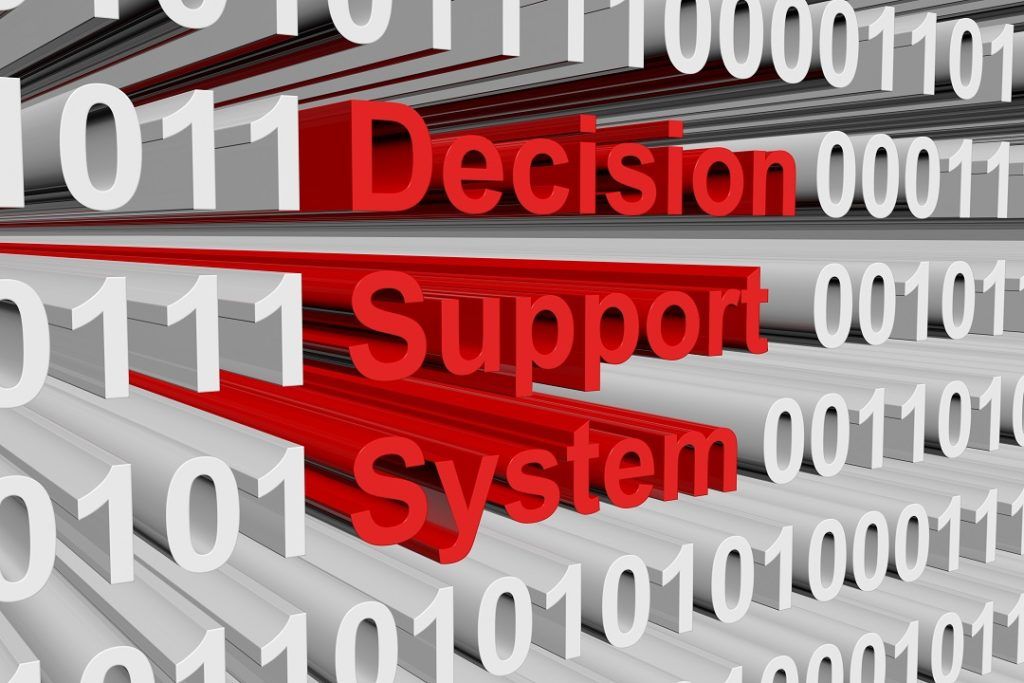Management Information System

A Management Information System (MIS) is a computer-based system that provides managers and decision-makers with the information they need to make informed business decisions. MIS is designed to collect, process, store, and disseminate data in the form of reports, graphs, and charts to support managerial decision-making and strategic planning.
Key characteristics and components of a Management Information System include:
Data Collection:

- MIS collects data from various sources within an organization, such as transactional systems, databases, external sources, and even real-time data from the internet of things (IoT) devices.
Data Processing:

- The collected data is processed, organized, and transformed into meaningful information through various analytical tools and techniques. This information can be in the form of reports, summaries, and dashboards.
Data Storage:

- The processed data is stored in databases or data warehouses, allowing easy access and retrieval for future analysis and decision-making.
Information Output:

- MIS provides structured information in the form of reports, charts, graphs, and dashboards to managers at different levels in the organization. This information can be customized based on the specific needs of each managerial role.
Decision Support:

- MIS assists managers in making well-informed decisions by providing relevant and timely information. It enables them to identify trends, patterns, and potential problems in the organization's operations.
Strategic Planning:

- MIS plays a crucial role in strategic planning by providing long-term trend analysis and forecasting, which helps in setting organizational goals and formulating strategies.
Performance Monitoring:

- Managers can use MIS to monitor the performance of various departments, projects, or processes in real-time. It helps in identifying deviations from expected results and taking corrective actions promptly.
Integration with other Systems:

- MIS often integrates with other enterprise systems, such as Enterprise Resource Planning (ERP) systems and Customer Relationship Management (CRM) systems, to share and utilize data effectively.
MIS is used across various industries and organizational functions, including finance, marketing, human resources, supply chain management, and operations. It enhances efficiency, reduces manual effort, and improves decision-making, ultimately contributing to an organization's overall effectiveness and competitiveness.
Thank You.





